That’s why at Athena Women’s Specialist, we’ve made testing and vaccination as easy as possible.
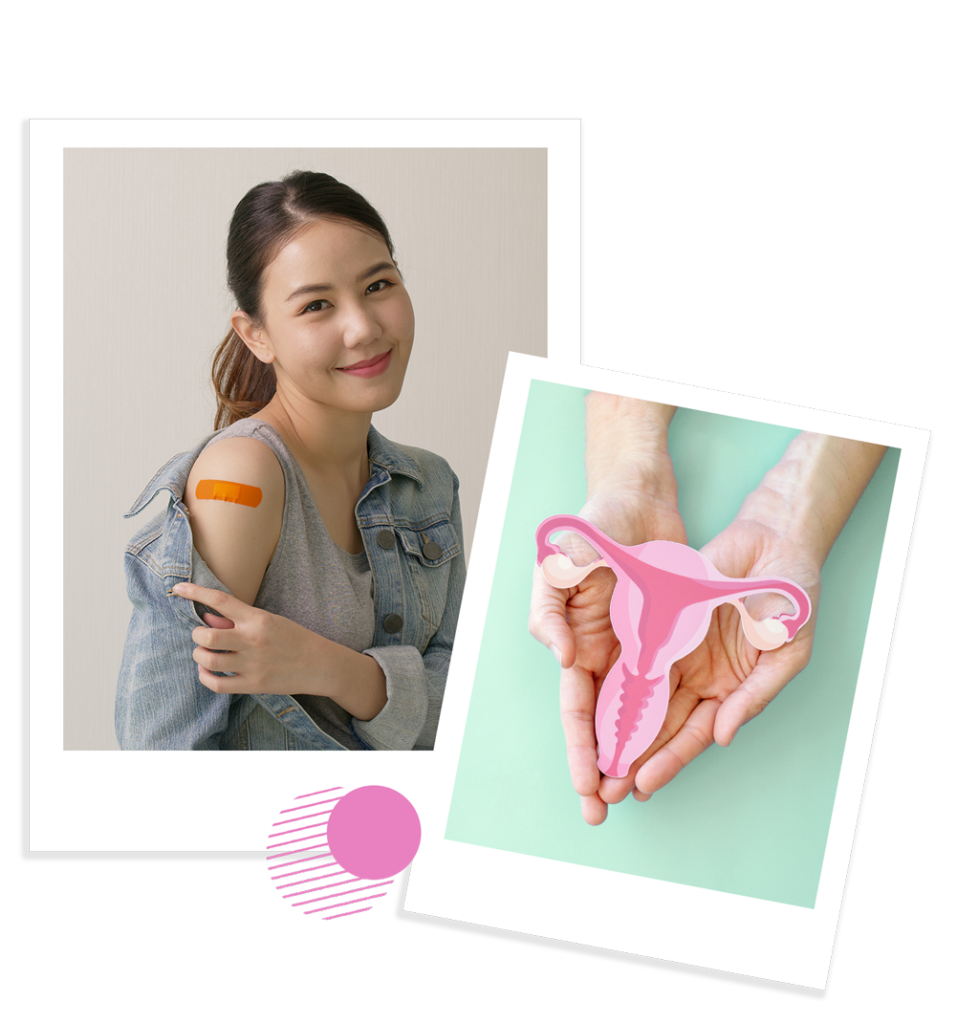

Quick in-clinic process
Flexible scheduling options

In-Clinic Testing
Private and reliable

Dr Ida Ismail-Pratt is a Consultant Obstetrician & Gynaecologist focused on cervical cancer prevention through HPV awareness and testing. She graduated from Glasgow University in 1997 and became a specialist in 2010. As the President of the Society of Colposcopy and Cervical Pathology Singapore (SCCPS), she introduced the HPV DNA test at the National University Hospital in 2014, making it the first in Singapore to implement HPV Primary Screening.
An experienced specialist in HPV-related diseases, Dr Ida co-created the IGCS Preinvasive Certificate Program and leads Project ECHO for the International Papillomavirus Society (IPVS), supporting global healthcare professionals in managing HPV conditions. In August 2024, she received the IGCS Global Humanitarian Award for her contributions to cervical cancer prevention in low- and middle-income countries.
Beyond her credentials, Dr Ida understands the anxieties many women feel around HPV and cancer. She has shaped Athena Women’s Specialist to offer compassionate, straightforward and reliable care.

Human Papillomavirus (HPV) is a common virus, with over 100 different types, affecting both men and women. It’s usually spread through skin-to-skin contact during intimate activity, making it incredibly easy to contract—even with just one partner.
Most people with HPV don’t show any symptoms, so they may unknowingly carry and spread the virus. Certain types of HPV can cause genital warts, while others are linked to various cancers, including cervical cancer. This lack of visible symptoms makes routine screening crucial in catching infections early.
While HPV is widespread, certain factors can increase the likelihood of infection:

More partners increase exposure risk.

Early exposure can lead to higher lifetime risk

Conditions like HIV or lifestyle factors that weaken immunity increase vulnerability.

Known to make it harder for the body to clear HPV naturally.
HPV prevention is possible with awareness and regular preventive care, including vaccination and screenings.
Many women experience anxiety over potential HPV infections and other health implications. That is why we offer a variety of screening and vaccination options to help protect you against cervical cancer. Your needs always come first
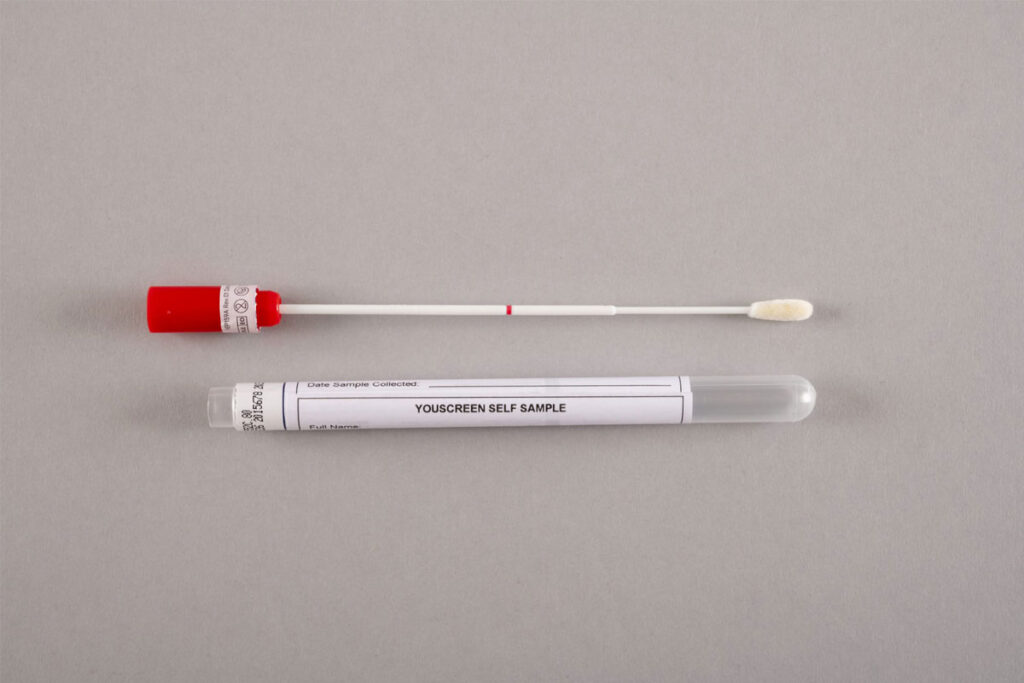
If you don’t like the stress of traditional testing, this option is for you
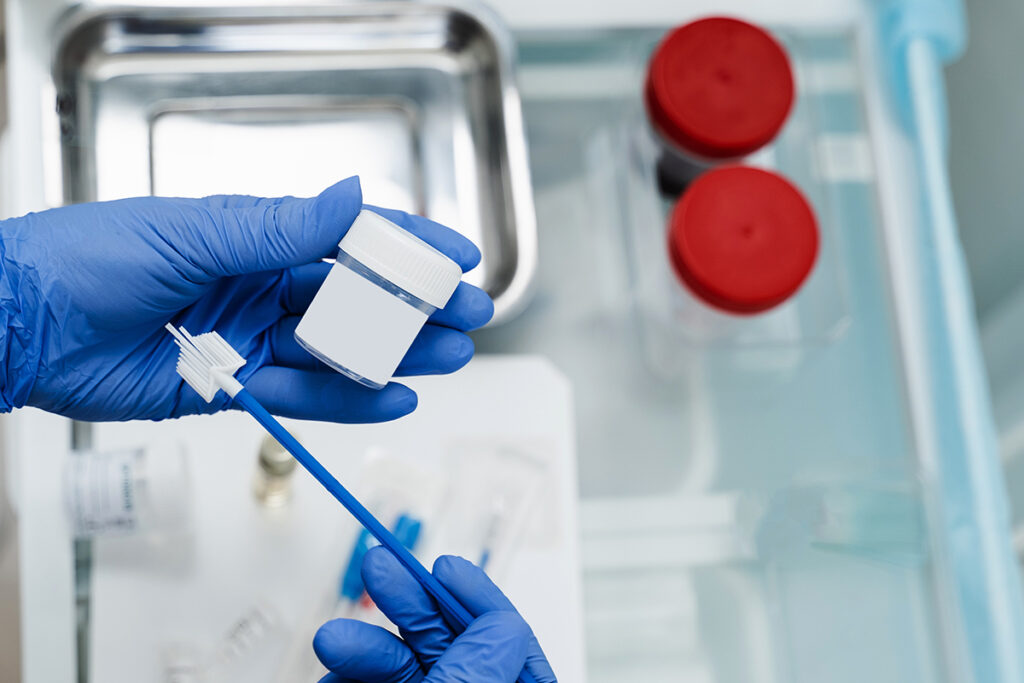
If you prefer your doctor to help you with the test, we’ve got you covered, too.
Now, let’s talk about HPV prevention. While screening with an HPV test or Pap smear helps detect HPV, it does not protect you from the virus or future infections. This is where vaccination becomes essential. At Athena Women’s Specialist, we will guide you through every step.




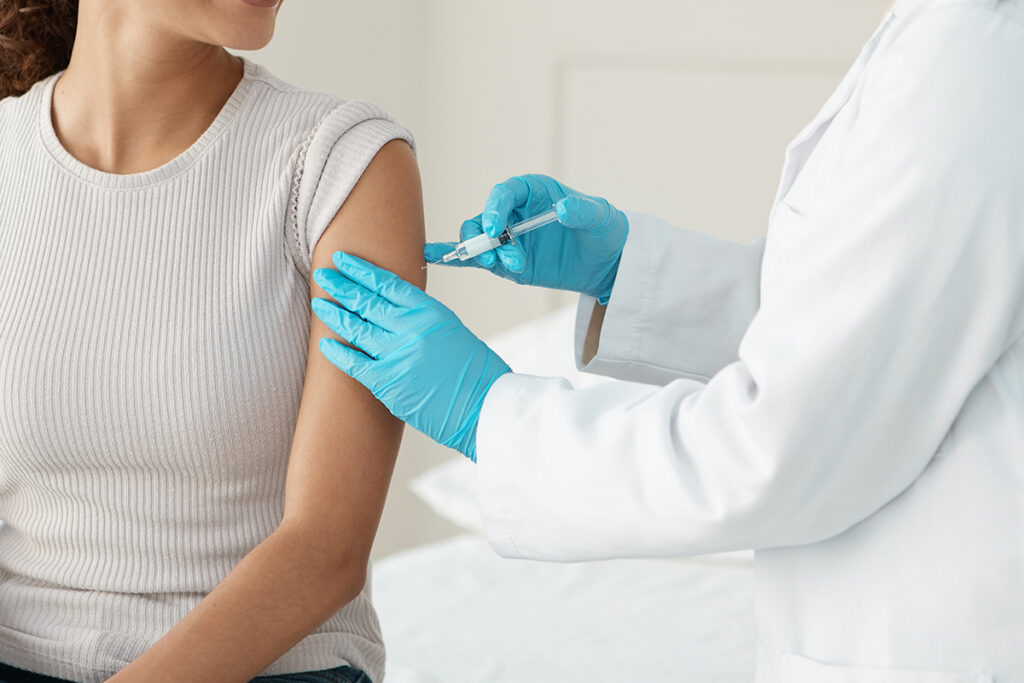

✦ Choose a time that works for you with our flexible scheduling options.
✦ Our friendly staff will assist you in booking your appointment.
✦ Check-in at our reception area.
✦ You’ll receive a brief overview of the vaccination process and have any questions answered.
✦ Dr Ida will discuss your medical history and vaccination details.
✦ She will explain the benefits of the HPV vaccine and address any concerns.
✦ One of our nurses will guide you to a private vaccination area.
✦ You'll receive information about the vaccine and what to expect during and after the process.
✦ The vaccine is administered via a quick injection, typically in your upper arm.
✦ The process is brief, and many patients report minimal discomfort.
✦ You’ll be monitored for a short period to ensure you’re feeling well after the vaccination.
✦ Our team will address any immediate questions or concerns you have.
At Athena Women’s Specialist, we prioritise compassionate care and empowerment for every woman who walks through our doors.
We believe that being informed and feeling in control is essential for alleviating anxiety and fear surrounding health issues. Open communication is key in our practice. We engage openly with our patients, encouraging them to share any concerns or fears they have.
Our goal is to foster a partnership with our patients rather than simply providing a service. We guide them through their health journeys, ensuring they feel supported every step of the way.
Don’t let uncertainty hold you back. At Athena Women’s Specialist, we’re here to support you on your journey to better health and well-being. Whether you have questions about HPV testing, vaccination, or any other women’s health concerns, our dedicated team is ready to assist you.
There is evidence showing that even if you are sexually active, the HPV vaccine can still provide some protection. It protects against strains of HPV you may not have encountered yet and may reduce your risk of future infections and HPV-related diseases. Talk to Dr. Ida to determine whether the HPV vaccine is suitable for you.
After receiving the HPV vaccine, you may experience soreness, redness, or swelling at the injection site. You might also have a transient headache. These side effects are typically short-lived and resolve on their own. Most individuals feel well enough to resume normal activities shortly after the appointment.
We recommend checking with your insurance provider for specific coverage details. Our clinic can also provide you with information regarding payment options and financing if needed.
The frequency of HPV screening varies based on your age. It’s generally recommended to follow up with your healthcare provider for personalised guidance on screening intervals.
If your self-test result is positive for HPV, our healthcare team will guide you on the next steps. This may include further testing or monitoring, depending on the specific strains detected and your overall health status.
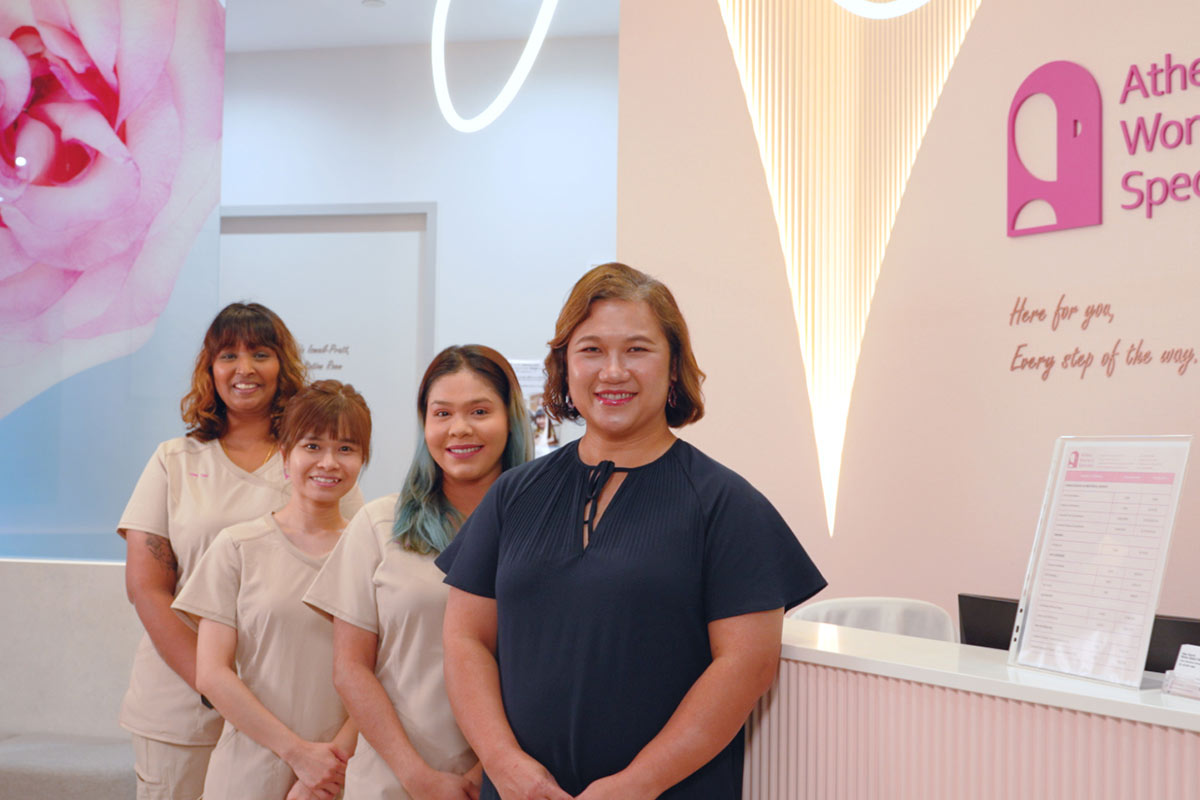




Copyright © 2024 | Athena Women’s Specialist | All Rights Reserved.